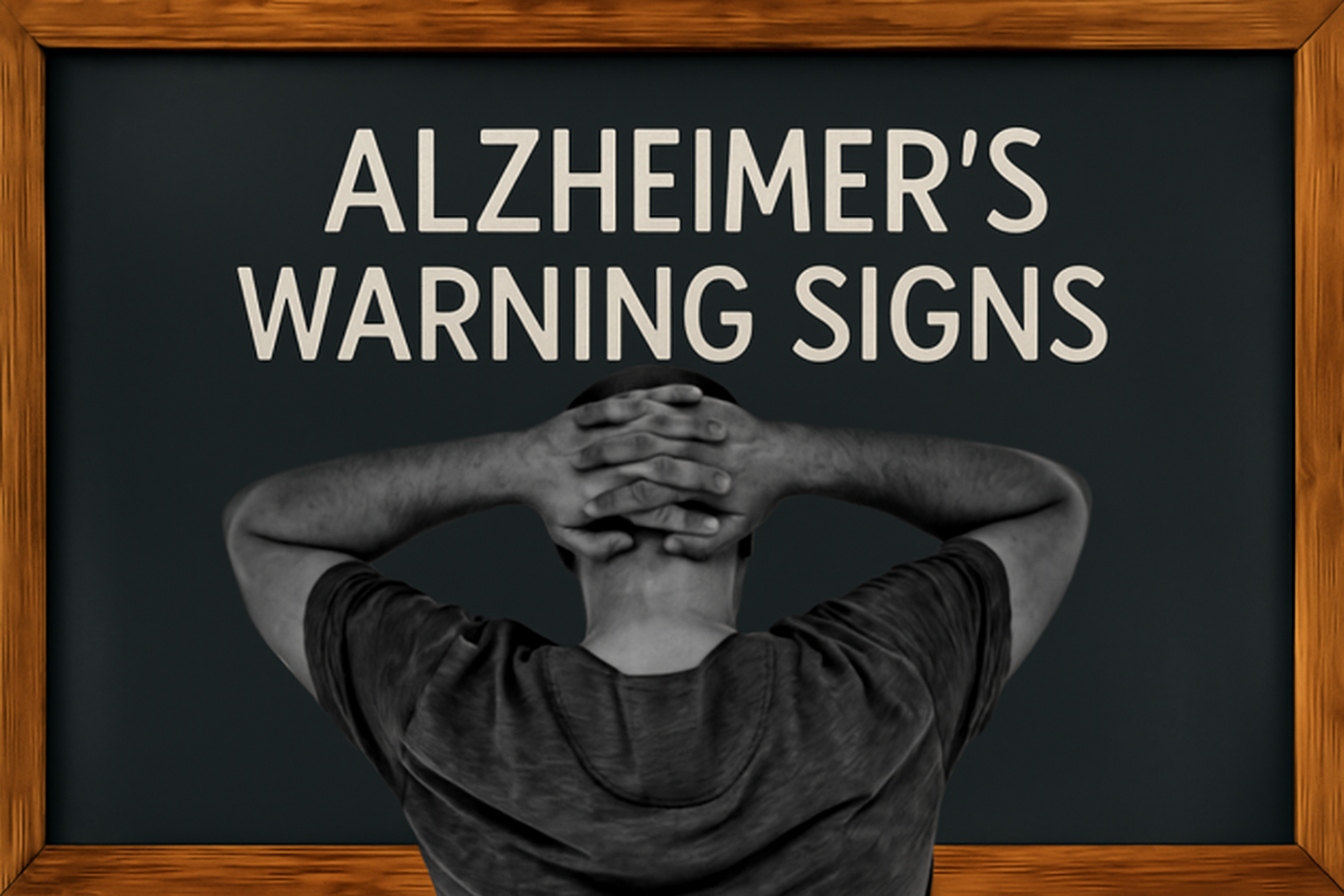If I tell you to imagine this—you are doing some work and suddenly forget what you were doing, or you are going somewhere and forget where you were headed, and then after a while it comes back to you. This is how it usually begins. Alzheimer’s disease is a progressive brain disorder that slowly destroys memory, thinking skills, and the ability to carry out simple tasks. That’s why recognizing Alzheimer’s warning signs early can make a big difference.
Let’s talk about simple ways to notice these signs, understand if you or your loved ones may be at risk, and take steps toward timely care.

Table of Contents
Why Early Detection of Alzheimer’s Warning Signs Matters
We regret that we have not yet been able to discover the real cause of Alzheimer’s, nor have we found a permanent cure for it. However, we have developed some medicines that can slow down its progression. That is why it is important to detect Alzheimer’s warning signs as early as possible.
You can understand that the more time passes, the more memory will decline. Early detection of Alzheimer’s can help in:
· Starting treatment early
· Slowing down the memory loss
· Planning better care and support
Reducing stress for both patients and families
Alzheimer’s Warning Signs You Shouldn’t Ignore
Here are some common Alzheimer’s warning signs that often go unnoticed in the early stages:
Memory Loss That Disrupts Daily Life

Not always is you or your loved one forgetting things a sign of Alzheimer’s, but if it happens frequently—forgetting basic things and asking again and again—it could be an Alzheimer’s.
Difficulty Planning or Solving Problems
If you or your loved one managed daily expenses for years but now struggle with simple calculations or planning, this may be linked to Alzheimer’s.
Trouble Completing Familiar Tasks
If your routine activities—like driving in a familiar place, cooking, or using a gadget—become confusing, it’s time to pay attention.
Confusion With Time or Place
Forgetting the date or losing your way at home or in your colony can indicate early signs of Alzheimer’s.
Poor Judgment and Decision-Making
Wearing inappropriate clothes for the weather, giving away large amounts of money, or making unsafe choices should not be ignored.
Misplacing Things and Losing the Ability to Retrace Steps
It’s normal to lose keys once in a while. But if someone places shoes in the kitchen or cups in the bathroom, this may be an Alzheimer’s symptom.
Withdrawal From Social Activities
A person may slowly lose interest in hobbies, conversations, or meeting friends. This can be due to memory struggles or difficulty keeping up.
Changes in Mood and Personality
Frequent mood swings, irritation, or sudden personality changes often appear along with other Alzheimer’s warning signs.
Are You at Risk of Alzheimer’s?
Certain factors increase the risk of Alzheimer’s disease and make it more important to watch out for Alzheimer’s warning signs:
· Age: Risk rises after 60 years
· Family history: Having a parent or grandparent with Alzheimer’s increases chances
· Lifestyle factors: Poor diet, lack of exercise, smoking, and uncontrolled diabetes or high blood pressure
· Brain health: Previous head injuries or chronic stress
If these risk factors apply to you, it’s important to stay alert to early Alzheimer’s warning signs.
What You Can Do
Alzheimer’s cannot always be prevented, but healthy habits can lower risk and delay progression:
· Stay physically active with daily walks, yoga, or simple exercises. (This smartwatch can track your sleep timing and quality. [Check it out here on Amazon.]
· Eat a balanced diet rich in fruits, vegetables, and whole grains
· Do mental exercises like reading, solving puzzles, or learning new skills
· Sleep well and manage stress
· Get regular health checkups, especially for blood pressure, cholesterol, and diabetes

Final Words
Alzheimer’s disease is not just about forgetting—it’s about losing moments, relationships, and independence. But with awareness, compassion, and timely medical help, we can make life better for those at risk.
If you or a loved one notice these Alzheimer’s warning signs, don’t ignore them. Talk to a healthcare provider. Early steps can bring hope, comfort, and a chance to slow down the disease.
💡 Awareness of Alzheimer’s warning signs is the first step toward protection. 💡
What are the first Alzheimer’s warning signs most people notice?

For many people it was memory loss, such as forgetting recent events, names, or tasks, and some people also noticed confusion with time and place in the early stages.
How do I know if memory loss is normal aging or Alzheimer’s warning signs?

Normal aging may cause occasional forgetfulness, but in Alzheimer’s it’s frequent forgetfulness, repeating questions, and struggling with familiar tasks.
Can Alzheimer’s warning signs appear at a younger age?
Yup, it’s rare, but it’s called early-onset Alzheimer’s and can start in their 40s or 50s. Paying attention to Alzheimer’s warning signs early can help in better management of Alzheimer’s disease.
Are mood swings and personality changes Alzheimer’s warning signs?
Yes. Unexplained mood swings, withdrawal from social activities, or sudden changes in behavior may indicate Alzheimer’s warning signs, especially when combined with memory problems.
If I notice Alzheimer’s warning signs in a loved one, what should I do?
If you see repeated Alzheimer’s warning signs in someone, consult a healthcare provider. Early diagnosis allows for better treatment, planning, and emotional support.
👉Click here to read everything about Alzheimer’s disease.
- Neonatal Disorders: Silent Killers Every Parent Must Know About - September 8, 2025
- COPD Life Expectancy by Stage: What to Expect and How to Improve Your Future. - September 5, 2025
- Chronic Obstructive Pulmonary Disease (COPD): 3.5 million deaths in 2021. - September 3, 2025

